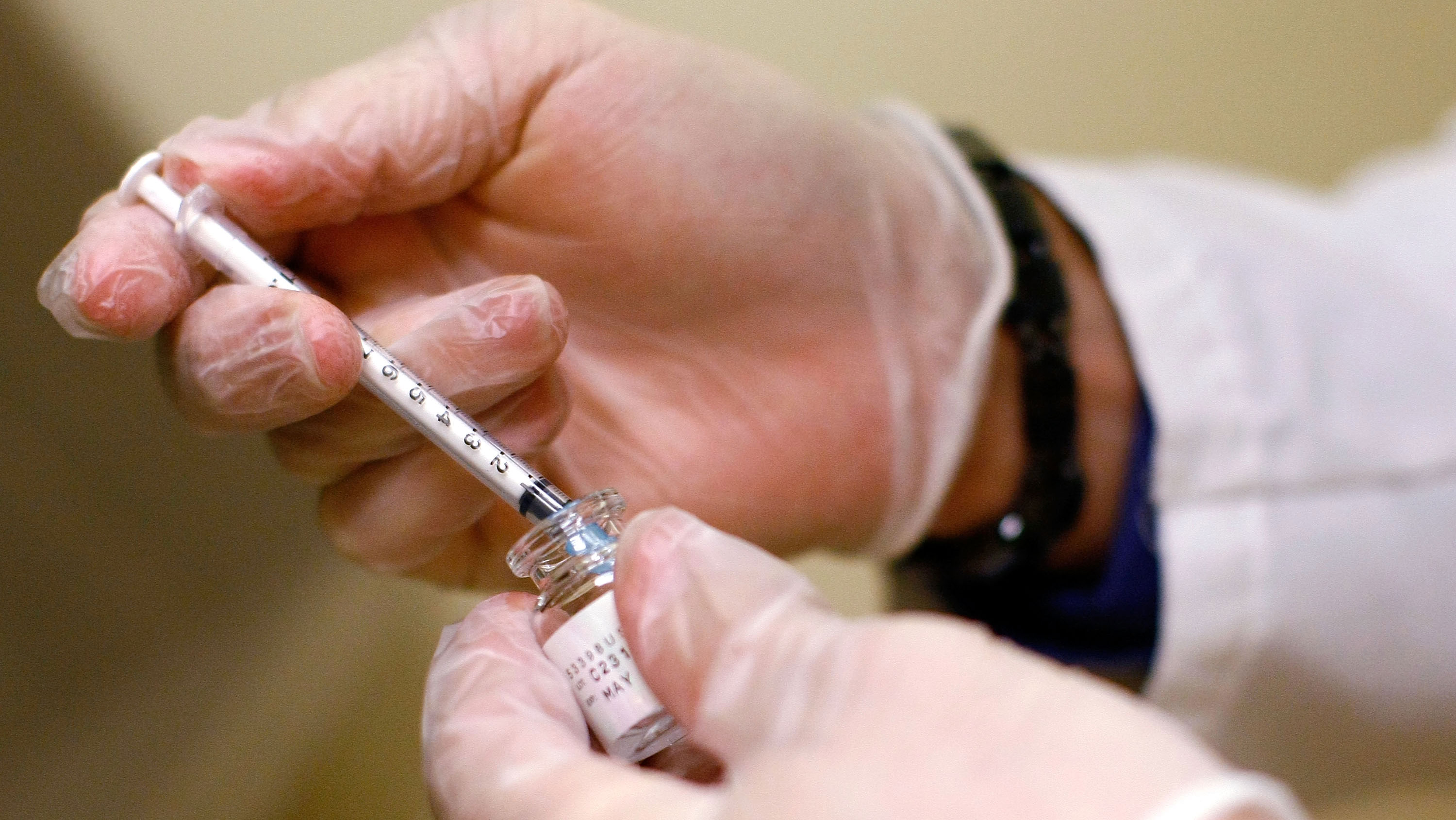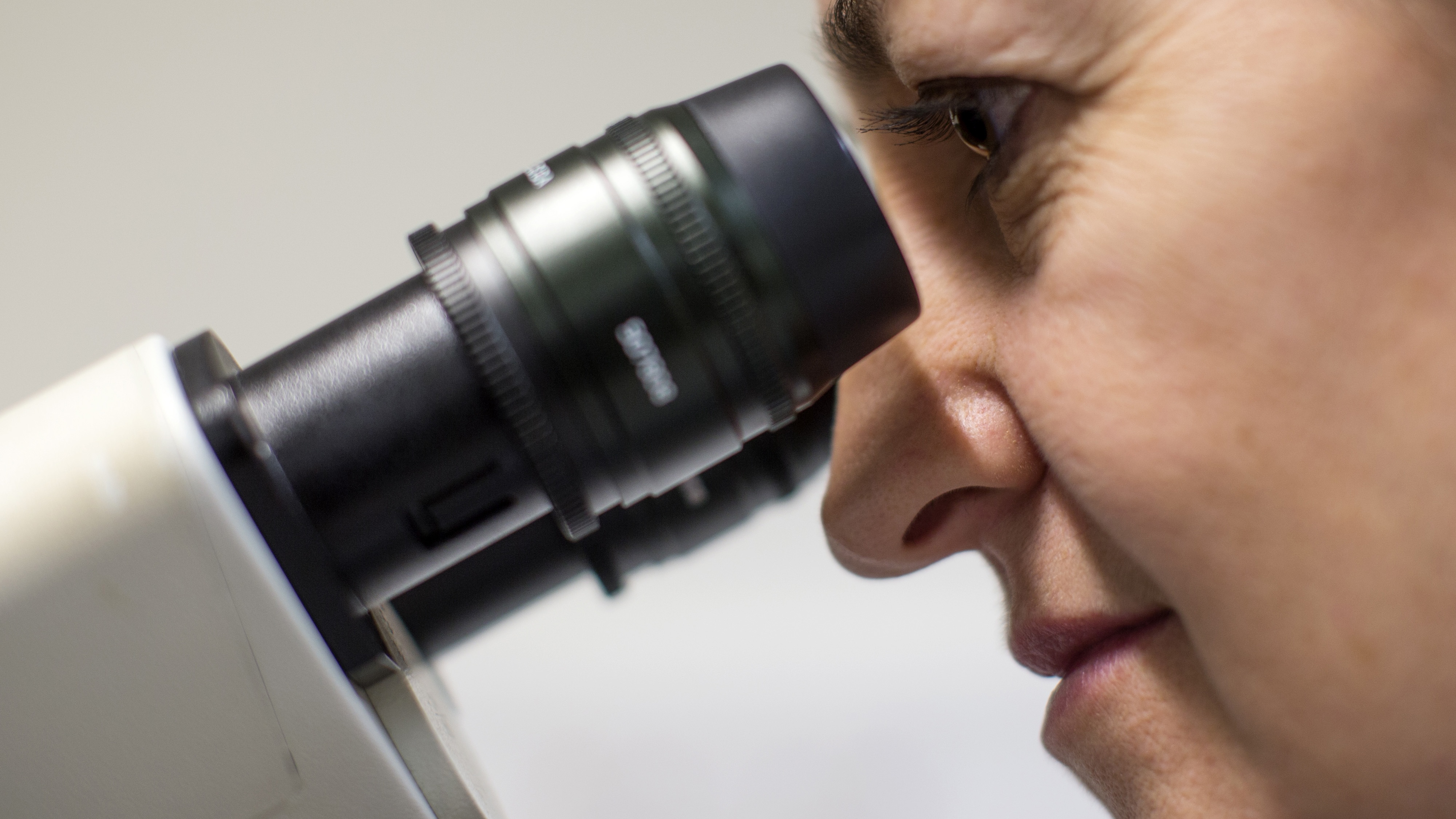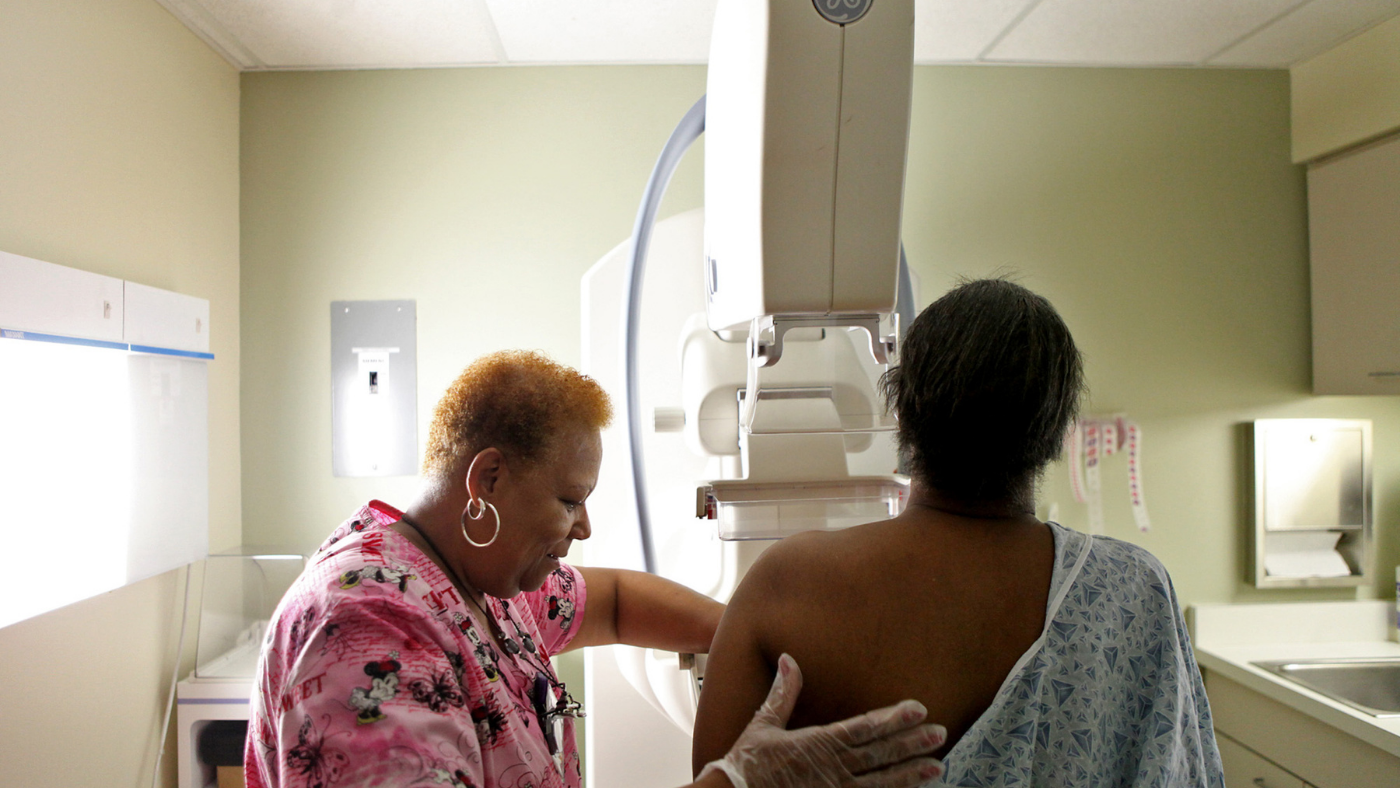Botox: how the treatment can be used to treat cancer
'Remarkable' findings show nerve paralysis can slow tumour growth, but research is still in its early stages

A free daily email with the biggest news stories of the day – and the best features from TheWeek.com
You are now subscribed
Your newsletter sign-up was successful
The chemical toxin Botox could be "highly effective" in treating stomach cancer, new research has shown.
Scientists studied the links between the nervous system and cancerous tumours in the stomach and found that the drug worked by cutting off nerve signals that led to tumour growth.
What is Botox and what is it used for?
The Week
Escape your echo chamber. Get the facts behind the news, plus analysis from multiple perspectives.

Sign up for The Week's Free Newsletters
From our morning news briefing to a weekly Good News Newsletter, get the best of The Week delivered directly to your inbox.
From our morning news briefing to a weekly Good News Newsletter, get the best of The Week delivered directly to your inbox.
It is a toxin made from the bacteria that causes botulism – a rare paralytic illness. Botox temporarily reduces muscle activity by blocking nerve transmission and has a variety of medical uses.
It is most notably employed in the cosmetic industry to reduce the appearance of wrinkles but is also used to treat muscle conditions caused by nerve disorders as well as incontinence and migraines, according to doctors at Dartmouth University.
How can it be used to treat cancer?
Scientists used locally administered Botox to interrupt signals from the nervous system that were responsible for the growth of cancer cells, thus slowing down the growth of the tumour. The drug also makes the cancer more responsive to other treatments, with scientists reporting a 35 per cent increase in survival rates when Botox was used in combination with chemotherapy.
A free daily email with the biggest news stories of the day – and the best features from TheWeek.com
Botox is cheaper and less toxic that other aggressive cancer treatments and causes far fewer side effects.
Due to the success of the animal tests, a human trial is due to begin shortly in Norway, according to the Daily Telegraph. A researcher there said the effects of Botox were "remarkable".
Can it only be used to treat stomach cancer?
Early trials have focused specifically on early-stage cancerous tumours in the stomach, but doctors are hopeful that the treatment could be extended to various other cancers, especially prostate cancer.
"In the future, we'd really like to look at how we can use this method of targeting nerves to stop the growth of more advanced tumours," said lead researcher Dr Timothy Wang.
What has the reaction been to the findings?
While the results are encouraging, doctors admit the research is still in its very early stages.
Cancer Research UK has said they welcomed the "innovative" new treatment idea, "but it's not yet clear if this particular approach could help to save patients' lives," according to the BBC.
Dr Wang conceded that despite the potential, "it always seems cancer is smarter than we are". He warned that the disease might fight back. "Tumours have the ability to out-evolve any single agent," he said. "Knocking one leg off a stool is probably not going to topple it."
-
 The Week Unwrapped: Do the Freemasons have too much sway in the police force?
The Week Unwrapped: Do the Freemasons have too much sway in the police force?Podcast Plus, what does the growing popularity of prediction markets mean for the future? And why are UK film and TV workers struggling?
-
 Properties of the week: pretty thatched cottages
Properties of the week: pretty thatched cottagesThe Week Recommends Featuring homes in West Sussex, Dorset and Suffolk
-
 The week’s best photos
The week’s best photosIn Pictures An explosive meal, a carnival of joy, and more
-
 What to say to someone who has cancer
What to say to someone who has cancerThe Explainer Saying something is better than nothing but there are some things to avoid too
-
 Anastrozole: the daily breast cancer pill tipped to save thousands of lives
Anastrozole: the daily breast cancer pill tipped to save thousands of livesThe Explainer Existing treatment approved for preventative use under 'pioneering' NHS drug repurposing scheme
-
 Five good-news cancer breakthroughs in 2023
Five good-news cancer breakthroughs in 2023In Depth Cancer-sniffing ants, ‘Bond villain’ DNA, and vaccine trials are just a few exciting developments in cancer research this year
-
 Deborah James: tireless cancer campaigner dies aged 40
Deborah James: tireless cancer campaigner dies aged 40In the Spotlight The bowel cancer campaigner raised millions for cancer research charities
-
 The UK’s ‘emergency’ cancer battle
The UK’s ‘emergency’ cancer battlefeature Study finds Britain is ‘among worst in the world’ at detecting disease early
-
 How lungs may ‘magically’ recover from smoking damage
How lungs may ‘magically’ recover from smoking damageIn Depth New research suggests that healthy cells can replace potentially cancerous ones
-
 Obesity ‘causes more cases of some cancers than smoking’
Obesity ‘causes more cases of some cancers than smoking’Speed Read Cancer Research UK accused of ‘fat shaming’ in its new campaign
-
 Can talcum powder give you cancer?
Can talcum powder give you cancer?In Depth Johnson & Johnson to pay $4.7bn damages in ovarian cancer lawsuit